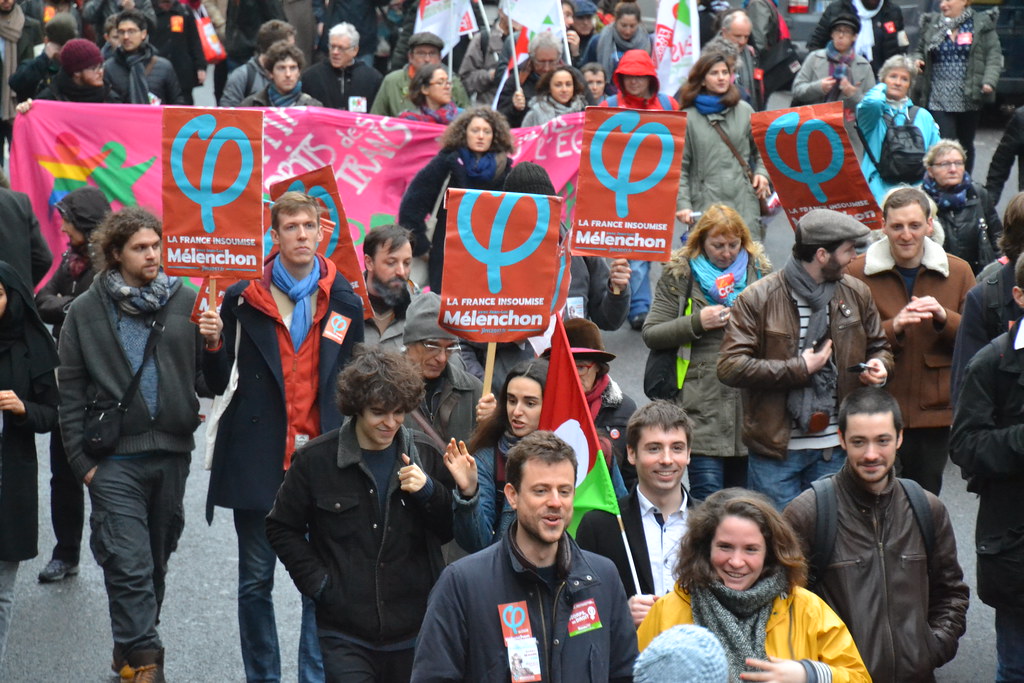France’s Oil Protests Heat Up

Image courtesy of Jeanne Menjoulet
By Jacqueline Jedrych
Protests are breaking out across France in response to rising national levels of inflation.
Inflation rates in France and across the world have skyrocketed as a result of the war in Ukraine. Since Russia provides fuel to much of the continent and world, the energy sector has been hit particularly hard, leading to shortages. These high prices are hitting especially hard as the cold winter months approach and countries scramble to gather enough resources. Though support for the war in Ukraine remains an official platform of the French government, as it extends into its ninth month, the population is beginning to feel the effects.
French President Emmanuel Macron lost his legislative majority at the national elections this past spring, despite eliminating his biggest far-left competitor Jean-Luc Mélenchon in the first round and far-right competitor Marine Le Pen in the second round. Mélenchon’s party La France Insoumise made huge gains, especially among the youth and the working class. Shortly after Macron’s reelection, Mélenchon’s party formed a coalition with other left-wing parties in an attempt to become the Prime Minister via legislative majority, but was ultimately unsuccessful.
Now, three weeks into a strike by refinery workers, Mélenchon is leading protests against the rising costs of living in France. Organizers claim that 140,000 people attended a march in Paris on Sunday, October 16.
“We’re going to have a week the likes of which we don’t see very often,” Mélenchon said Sunday to the crowd. “Everything is coming together. We are starting it with this march, which is an immense success.”
Several labor unions in France participated in a joint strike with the ongoing oil strike on Tuesday, affecting education, trains, and the public sector, sending severe delays nationwide.
“Inflation rates have gone up largely in response to the Ukraine crisis, creating an energy crisis on the continent,” said senior politics and French major Nicole Douma, who studied at the Institut Catholique de Paris in the spring of 2022. “This is important because inflation is affecting French society and many households have to change their habits.”
“A few strikes occurred while I was in Paris, and they had to cancel school and we couldn’t go anywhere,” she continued. “It must be really bad if they’ve made the strike this long.”
French Budget Minister Gabriel Attal criticized Sunday’s strike, calling it “unacceptable”.
“Of course there’s a right to strike, but at some point the country needs to be able to work,” said Attal.
Business lobby group Medef also denounced the movements, saying “150 people” were “taking the country hostage.”
The electricity group EDF, along with labor unions in the country, said on Friday that the strike at several of the country’s nuclear power plants may be lifted in light of a new pay deal: a five percent wage hike for the lowest earners, and a two-point-five percent bump, plus bonuses, for managers. According to Franck Redondo, an FO union official at the biggest nuclear plant in western Europe, Gravelines, the deal will be voted on Monday.
“If the deal is ratified by unions on Monday, for us the matter is closed. Everyone will be back and working all out to get these plants back online,” he said.








